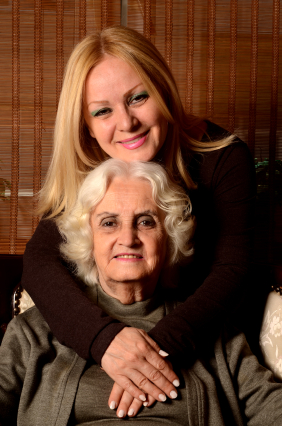Transitioning to Long-Term Care: What Your Loved One Wishes They Could Tell You

My second post at Care Conversations.org focuses on easing the transition to long-term care for families.
Transitioning to Long-Term Care: What Your Loved One Wishes They Could Tell You
As a psychologist, I’ve talked with hundreds of residents as they transition to living in a Skilled Nursing Care center. In the privacy of a psychotherapy session, new residents will frequently share with me things they haven’t mentioned to their families, often because they don’t quite know what to say or how to say it.
Their perspectives may surprise you:
- They’re worried about you. They’re concerned about how much time you’re spending at the facility. They worry you’re neglecting yourself and your life. They want you to take care of yourself because they love you and because they need you – so take their advice and do so!
- They know you’ve done your best. In most cases, new residents are aware they would have been admitted to a long-term care facility much sooner if it hadn’t been for you. While they may not be happy about the transition initially, they know that without you they would have been here long ago.
For the entire article, visit:
Transitioning to Long-Term Care: What Your Loved One Wishes They Could Tell You



